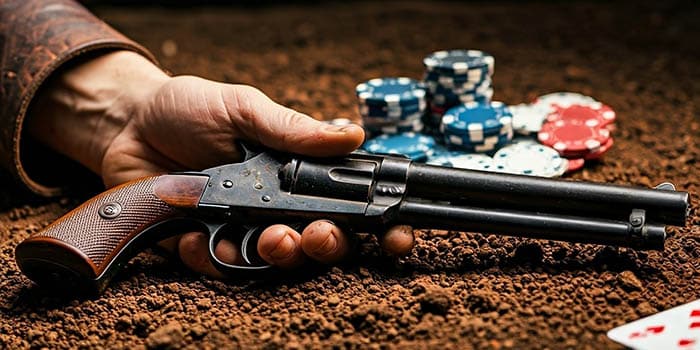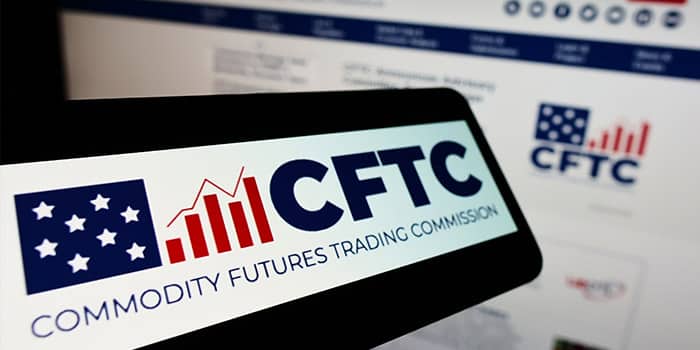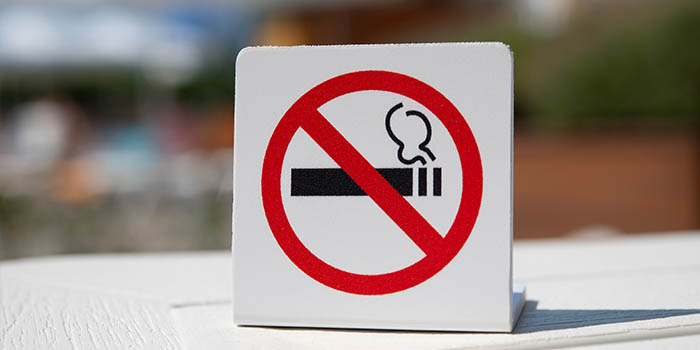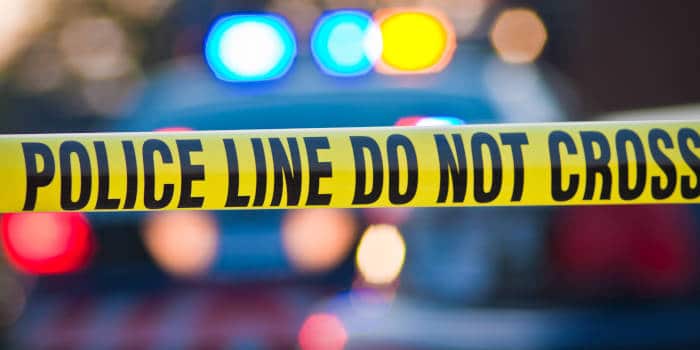- Casino
- By State
- Alabama
- Alaska
- Arizona
- Arkansas
- California
- Colorado
- Connecticut
- Delaware
- Georgia
- Florida
- Hawaii
- Idaho
- Illinois
- Indiana
- Iowa
- Kansas
- Kentucky
- Louisiana
- Maine
- Massachusetts
- Maryland
- Michigan
- Minnesota
- Mississippi
- Missouri
- Montana
- Nebraska
- Nevada
- New Hampshire
- New Jersey
- New Mexico
- New York
- North Carolina
- North Dakota
- Ohio
- Oklahoma
- Oregon
- Pennsylvania
- Rhode Island
- South Carolina
- South Dakota
- Tennessee
- Texas
- Utah
- Vermont
- Virginia
- Washington
- West Virginia
- Wisconsin
- Wyoming
- By State
- Slots
- Poker
- Sports
- Esports
Philadelphia Grapples with Legal Battle Over Skill Game Regulations
Bill No. 240010, the most recent legislative endeavor regarding skill games, received unanimous approval from the City Council on March 21

Philadelphia finds itself embroiled in a legal tussle as the City Council’s move to rein in the proliferation of casino-style “skill games” faces a stiff challenge in the state court. The contentious bill, aimed at curbing the widespread presence of these gaming machines across bars, restaurants, and gas stations, has sparked a heated debate over its potential impact on businesses and public safety.
Surge in Unregulated Skill Games Sparks Legal Battle in Philadelphia
In recent years, the prevalence of these untaxed and unregulated skill games has surged, presenting both economic opportunities for small businesses and a breeding ground for criminal activities, according to officials. The legal ambiguity surrounding these digital games has left them operating in a grey area, occasionally leading to police seizures.
The latest legislative effort, Bill No. 240010, sailed through the City Council with unanimous approval on March 21. If ratified by Mayor Cherelle Parker, the bill would confine skill games to establishments holding casino or liquor licenses, along with a provision requiring a designated space for at least 30 patrons to dine or drink.
However, the swift legislative move immediately drew backlash from gaming companies and business owners. G&B Amusements, representing skill game manufacturer Pace-O-Matic, and Tariq Jahlil, a 7-Eleven franchisee, swiftly responded by filing a lawsuit challenging the council’s authority to regulate gaming activities, arguing that such decisions fall within the purview of the state legislature, reported Courthouse News.
Concerns Mount Over Impact of Philadelphia’s Skill Game Regulations on Small Businesses
Pennsylvania Skill spokesman Mike Barley expressed that Pennsylvania Skill and the skill game software company Pace-O-Matic were concerned about the adverse effects of the city council’s measure on small family-owned businesses. He emphasized the potential jeopardy to livelihoods posed by the proposed restrictions.
Echoing these concerns was Andy, a sales manager at a Shell gas station, who highlighted the dual nature of these gaming machines. While they contribute significantly to additional revenue, Andy underscored the accompanying safety risks, particularly during nighttime when unruly behavior among patrons escalates, posing challenges to employee safety.
The escalation of this legal battle comes amidst mounting concerns from Pennsylvania officials regarding the societal and law enforcement challenges posed by the unregulated proliferation of skill games. The Pennsylvania District Attorney’s Association has flagged these machines as a major public safety concern, citing an uptick in associated criminal activities and the strain placed on law enforcement resources.
Despite the growing calls for stricter regulations or even an outright ban on these gaming machines, opinions remain divided. While acknowledging the need for addressing the societal costs associated with their operation, the association stopped short of advocating for a blanket prohibition, instead urging for a legislative resolution to clarify their legality.
At the same time, Pennsylvania’s House Bill 2075, aimed at regulating skill games, has gained momentum recently. Championed by Rep. Danilo Burgos, the bill proposes oversight by the Department of Revenue, including licensing operators, enforcing penalties, and imposing a 16% tax on gross profits.
Related Topics:
Silvia has dabbled in all sorts of writing – from content writing for social media to movie scripts. She has a Bachelor's in Screenwriting and experience in marketing and producing documentary films. With her background as a customer support agent within the gambling industry, she brings valuable insight to the Gambling News writers’ team.
Must Read
More Articles




Casino
April 18, 2025
Florida HB Seeking to Upgrade Illegal Gambling Punishments

Legal
April 17, 2025
Appeal to Keep Evolution’s Accuser Anonymous Denied

Lottery
April 17, 2025
CTLC Says Its Members Didn’t Violate the Texas Law














